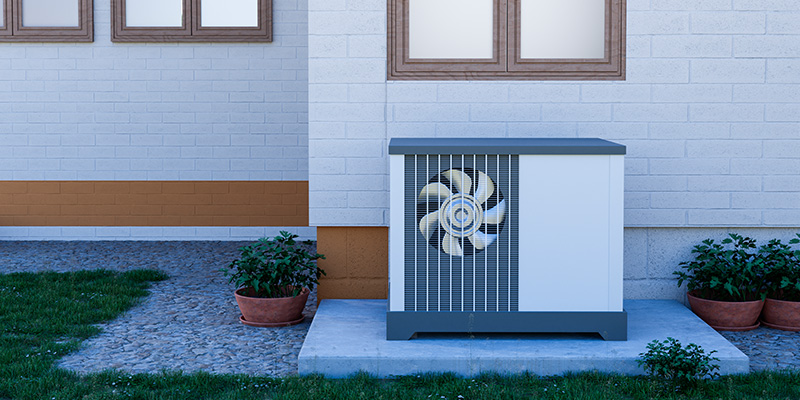
How Efficient are Heat Pumps for your Home?
Heat pumps have gained popularity as energy-efficient heating and cooling solutions for homes. They offer an eco-friendly alternative to traditional heating and cooling systems, which often rely on fossil fuels. But how efficient are heat pumps, and can they truly make a difference in your home's energy consumption and comfort? In this article, we'll explore the efficiency of heat pumps and their benefits for residential heating and cooling.
Understanding Heat Pumps
The Basics of Heat Pump Operation
A heat pump is a heating and cooling system that transfers heat from one location to another using a refrigeration cycle. In heating mode, it extracts heat from the outdoor air or ground and delivers it inside your home. In cooling mode, it reverses the process, expelling heat from your home to the outdoors.
Types of Heat Pumps
There are various types of heat pumps, including air-source heat pumps (ASHPs) and ground-source heat pumps (GSHPs). ASHPs extract heat from the air, while GSHPs draw heat from the ground or water sources. Both types are efficient, but their effectiveness may vary based on climate and installation conditions.
Efficiency Ratings for Heat Pumps
SEER (Seasonal Energy Efficiency Ratio)
SEER is a rating that measures the cooling efficiency of a heat pump. A higher SEER indicates better cooling performance and increased energy efficiency. Modern heat pumps often have SEER ratings ranging from 14 to 22, making them significantly more efficient than traditional air conditioners.
HSPF (Heating Seasonal Performance Factor)
HSPF is a rating that measures the heating efficiency of a heat pump. Similar to SEER, a higher HSPF indicates better heating performance and greater energy efficiency. Quality heat pumps can have HSPF ratings between 8 and 11, which makes them efficient heating solutions, especially in moderate climates.
Benefits of Heat Pumps for Heating
Energy Efficiency in Heating Mode
Heat pumps excel in heating mode by extracting heat from the air or ground, rather than generating it through combustion. This process is highly energy-efficient, resulting in lower heating bills compared to traditional furnaces. Heat pumps can produce up to three times more heat energy than the electrical energy they consume.
Versatility and Year-Round Comfort
Heat pumps provide both heating and cooling functions in a single unit, offering year-round comfort. This versatility eliminates the need for separate heating and cooling systems, reducing installation and maintenance costs.
Benefits of Heat Pumps for Cooling
High SEER Ratings
Heat pumps typically have higher SEER ratings than standalone air conditioners, making them energy-efficient cooling options. Their ability to transfer heat from indoors to outdoors efficiently results in lower cooling costs during the summer months.
Dehumidification
Heat pumps dehumidify indoor air as part of their cooling process. By removing excess moisture, they enhance indoor comfort and reduce the need for additional dehumidification equipment.
Efficiency Considerations
Climate Compatibility
The efficiency of heat pumps can vary based on climate. While they are effective in moderate and mild climates, they may lose some efficiency in extremely cold regions. Supplemental heating sources may be required in such cases.
Proper Sizing and Installation
To ensure maximum efficiency, it's essential to size and install the heat pump correctly. Oversized or undersized units can lead to energy waste and reduced comfort. Professional installation and regular maintenance are key to optimal performance.


